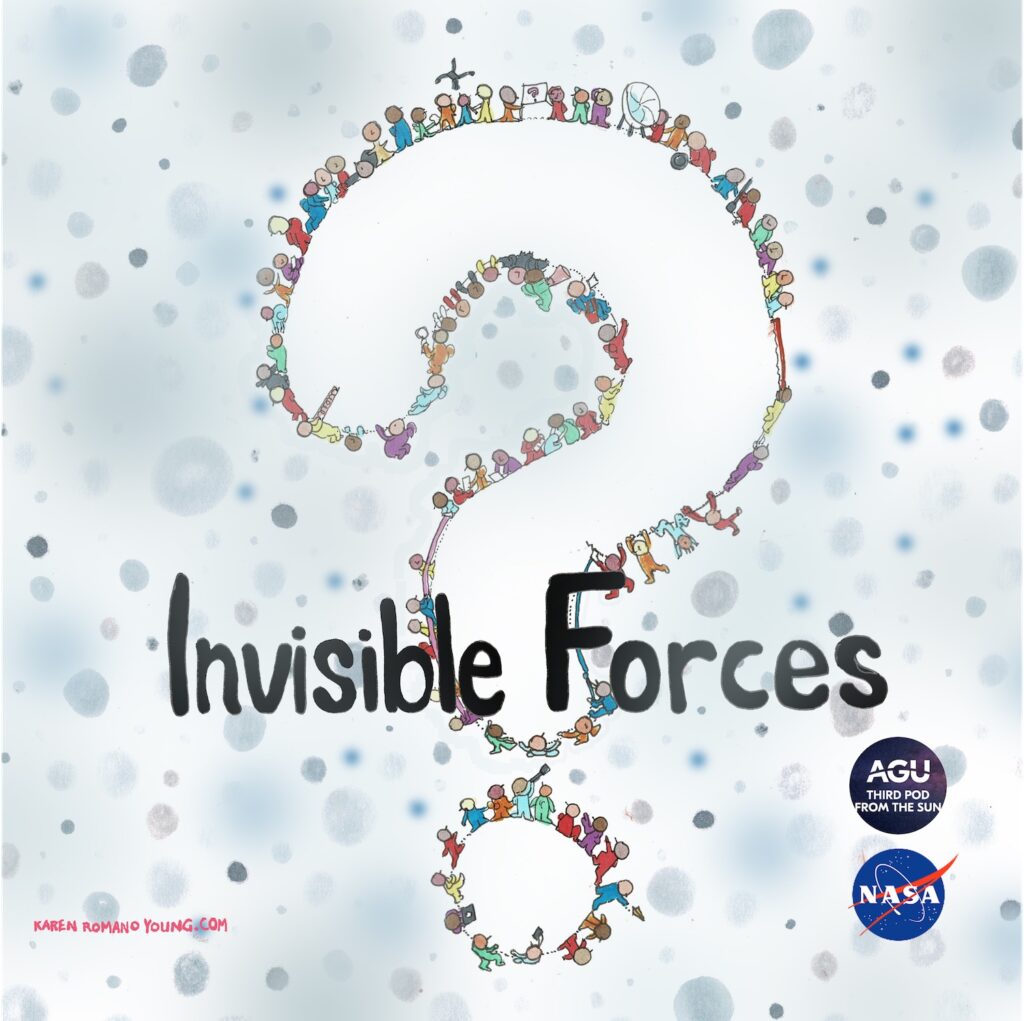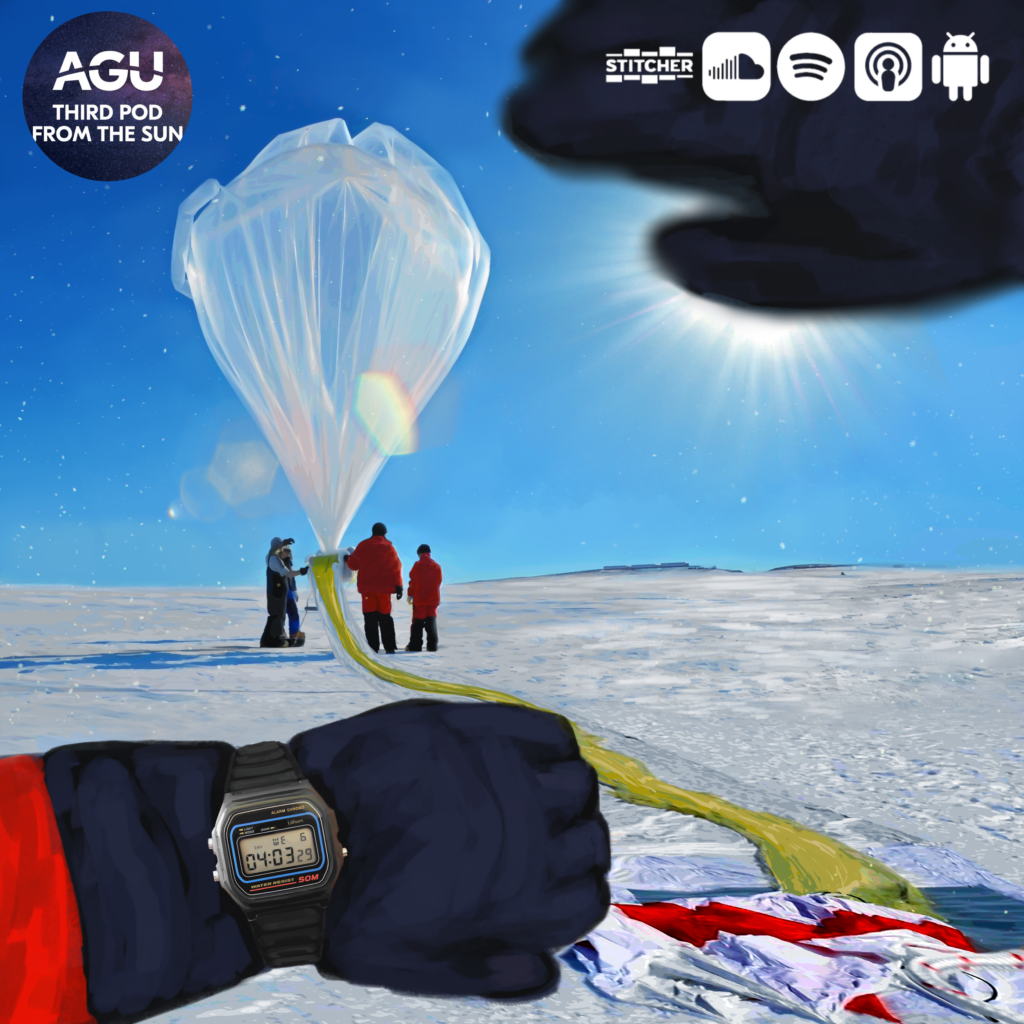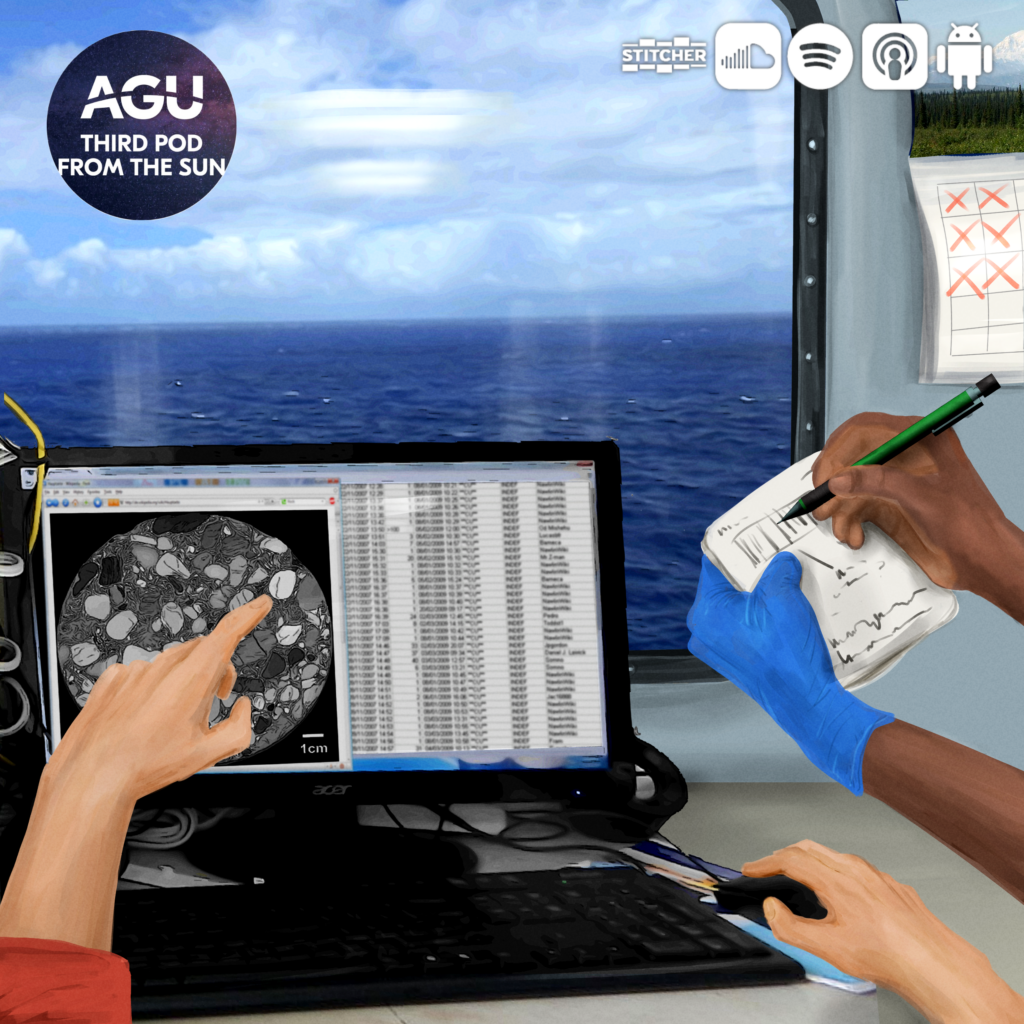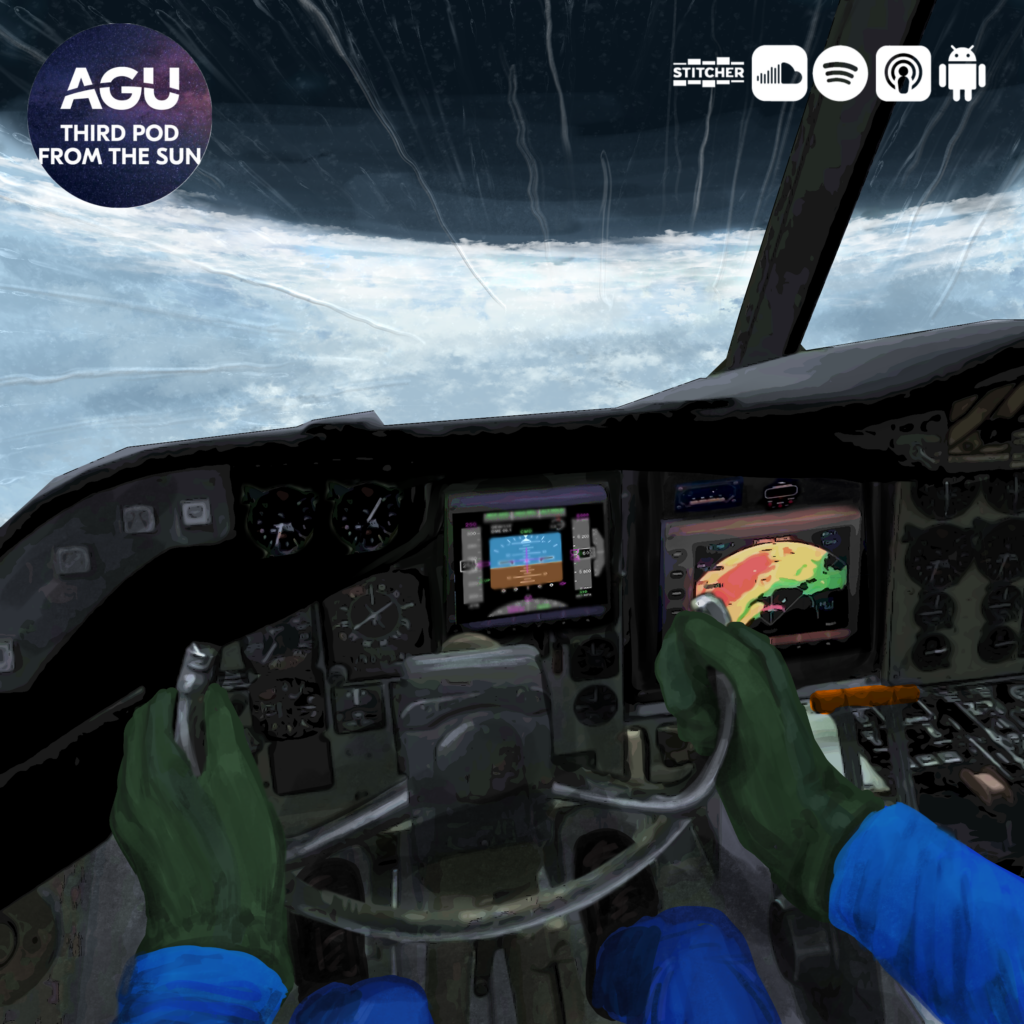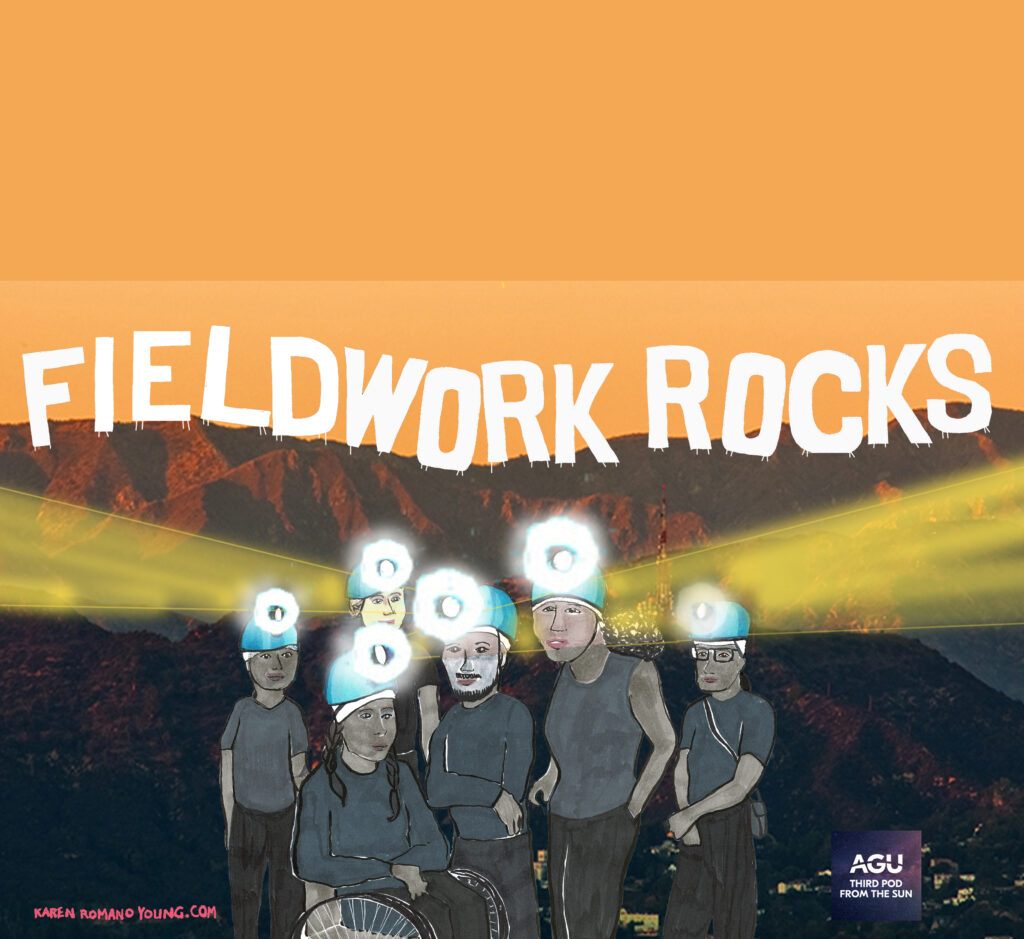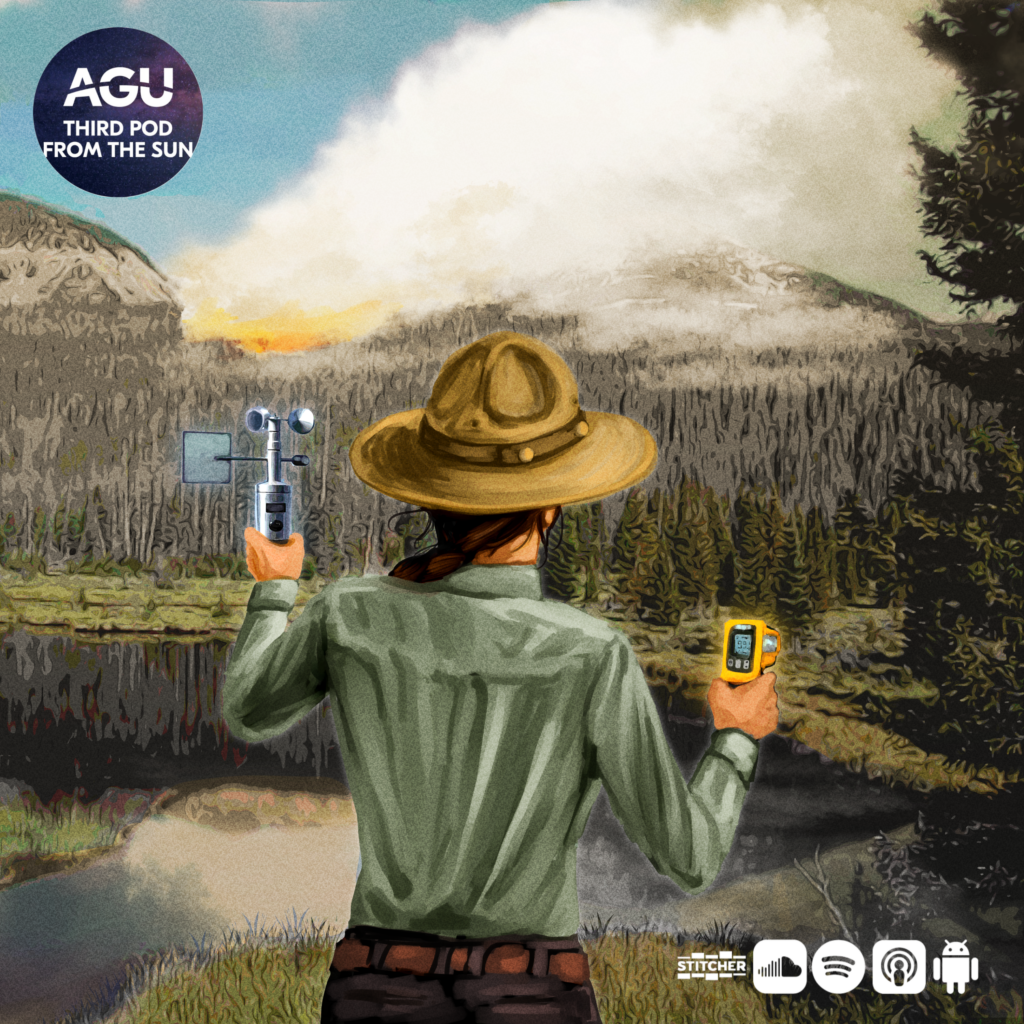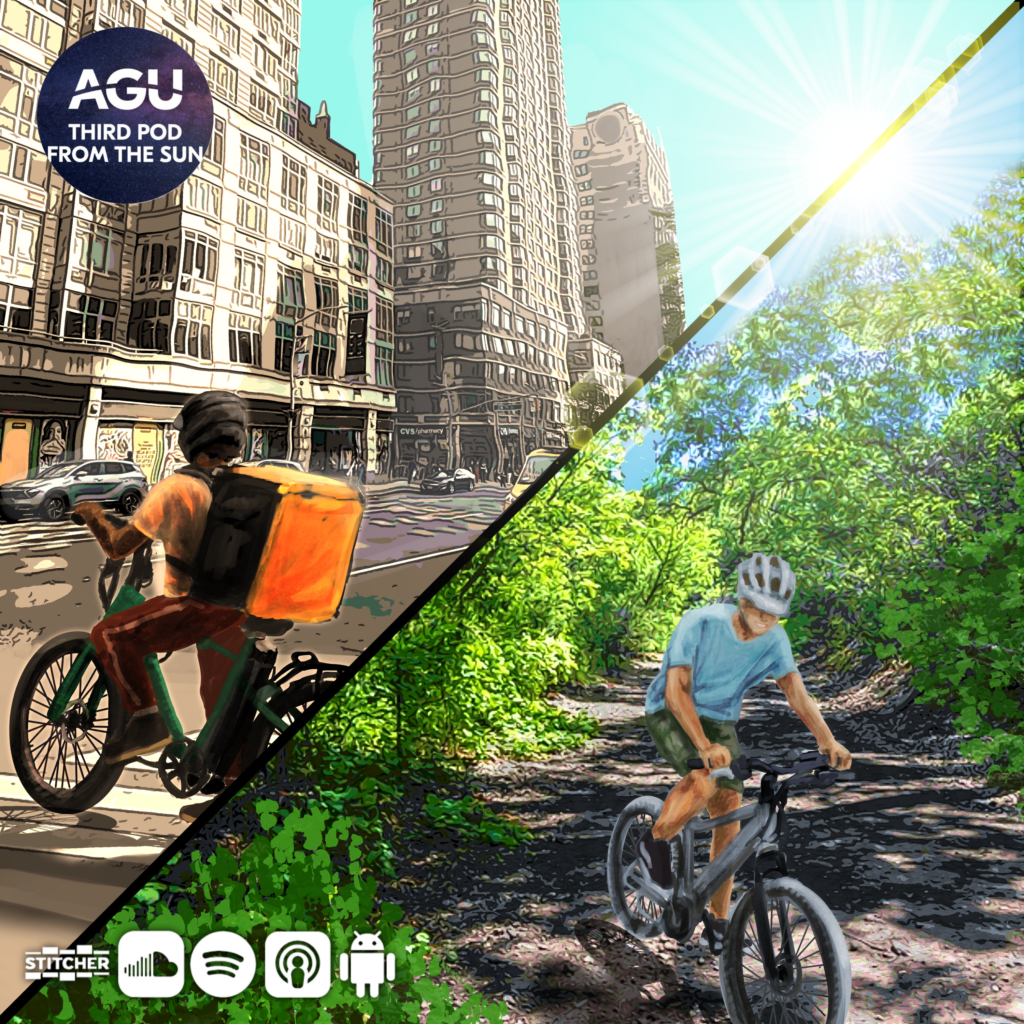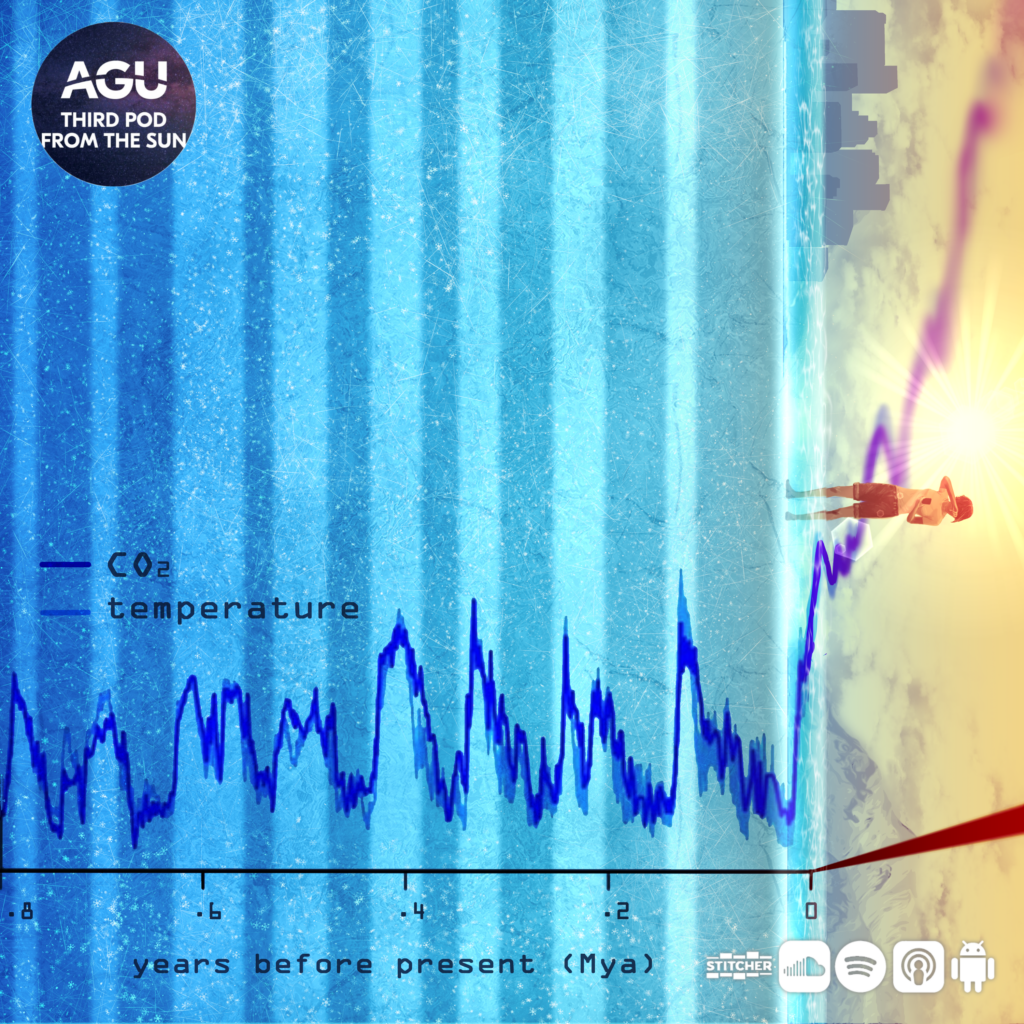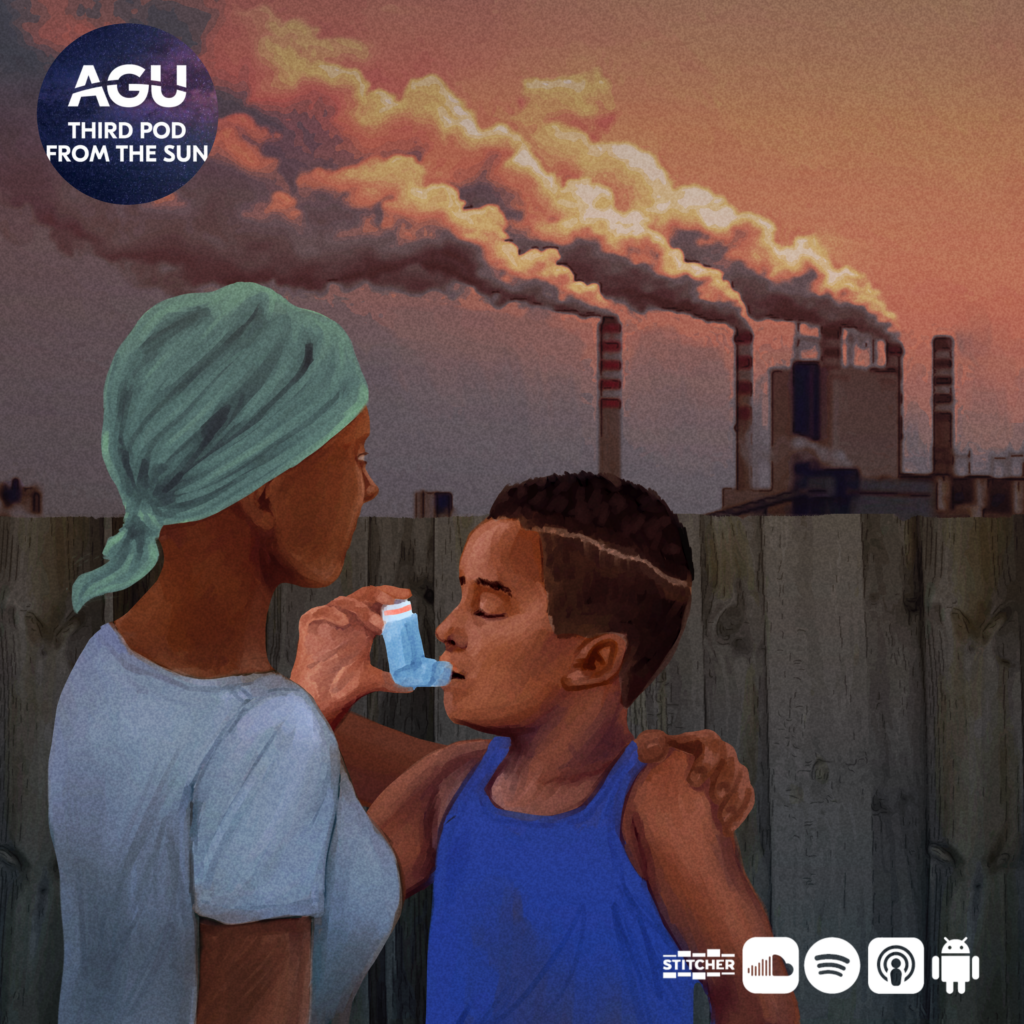Climate Change
Tales from the (manus)crypt
It’s that time of year again! For many of us, temperatures are cooling, leaves are changing, Pumpkin Spice Lattes are…latte-ing. While that all sounds lovely, it’s also spooky season, and we’re celebrating with a special series we’re calling, Tales from the (manus)crypt.
Read MoreInvisible forces
We’re journeying into the mysterious world of invisible forces that shape our lives in ways we often overlook for our next series! Join us as we, explore nuclear energy, feel the pull of magnetic fields, and more.
Read MoreFieldwork rocks: Icy balloons & (natural) gaseous fumes
What do Antarctica, Nepal, South Korea, and rural NE Pennsylvania all have in common? They’re all places where Doug Goetz of UC Boulder’s Laboratory for Atmospheric and Space Physics has done fieldwork.
Read MoreFieldwork rocks: Marooned on purpose
You might think of a deserted island when you picture being marooned, but for some geology researchers the island is their research ship. To collect samples of rocks and sediments from deep beneath the ocean, scientists park a ship called the JOIDES Resolution in place out at sea. That gives them plenty of time to drill for their samples, but it also means spending two months offshore.
Read MoreFieldwork rocks: Head in the (funnel) clouds
Every year between June and November, researchers take to the skies to better understand and measure hurricanes. Heather Holbach is part of NOAA’s Hurricane Research division and is one of the scientists on the flight team who gets up close and personal with hurricanes.
Read MoreFieldwork rocks
It’s that time of year again where many scientists head out into the field, from far-flung locations to local backyards. In recognition of the lengths that some scientists go to to get answers to questions that only the field can provide, we’re sharing stories of science from quaking earth, to roaring winds, to choppy seas, and beyond!
Read MoreSolving for climate: Understanding the “wild” in wildfire
Wildfires seem to be happening more often, and in 2020, Colorado experienced the worst fire season in its recorded history. Extreme fire events are often assumed to be caused by climate change, but it is not immediately clear this is the case.
Read MoreSolving for climate: The silent killer in your urban backyard
Cities are hotter due to concrete and asphalt absorbing and retaining heat, less tree cover, AC units pumping out hot air, and more. Most worrying is how hot it remains at night, when bodies are trying to cool down and recover from hot daytime temps.
Read MoreSolving for climate: Earth’s next top (climate) model
We all know the saying “history repeats itself” but to what extent is that true when it comes to Earth’s climate? In order to understand and even predict future climates, transitions from one historical climate state to another can be mathematically modeled by atmospheric scientists like Dr. Matthew Huber.
Read MoreSolving for climate: (Health and safety) in (climate) numbers
We’ve all probably heard about how climate change is affecting the ice sheets and polar bears, but what about human health? More severe and numerous floods, droughts, and heat waves impact a wide range of health outcomes, and shifting biomes may spread diseases to new places. How do scientists understand which portions of health effects are caused by climate change, and how can health organizations be prepared?
Read More

